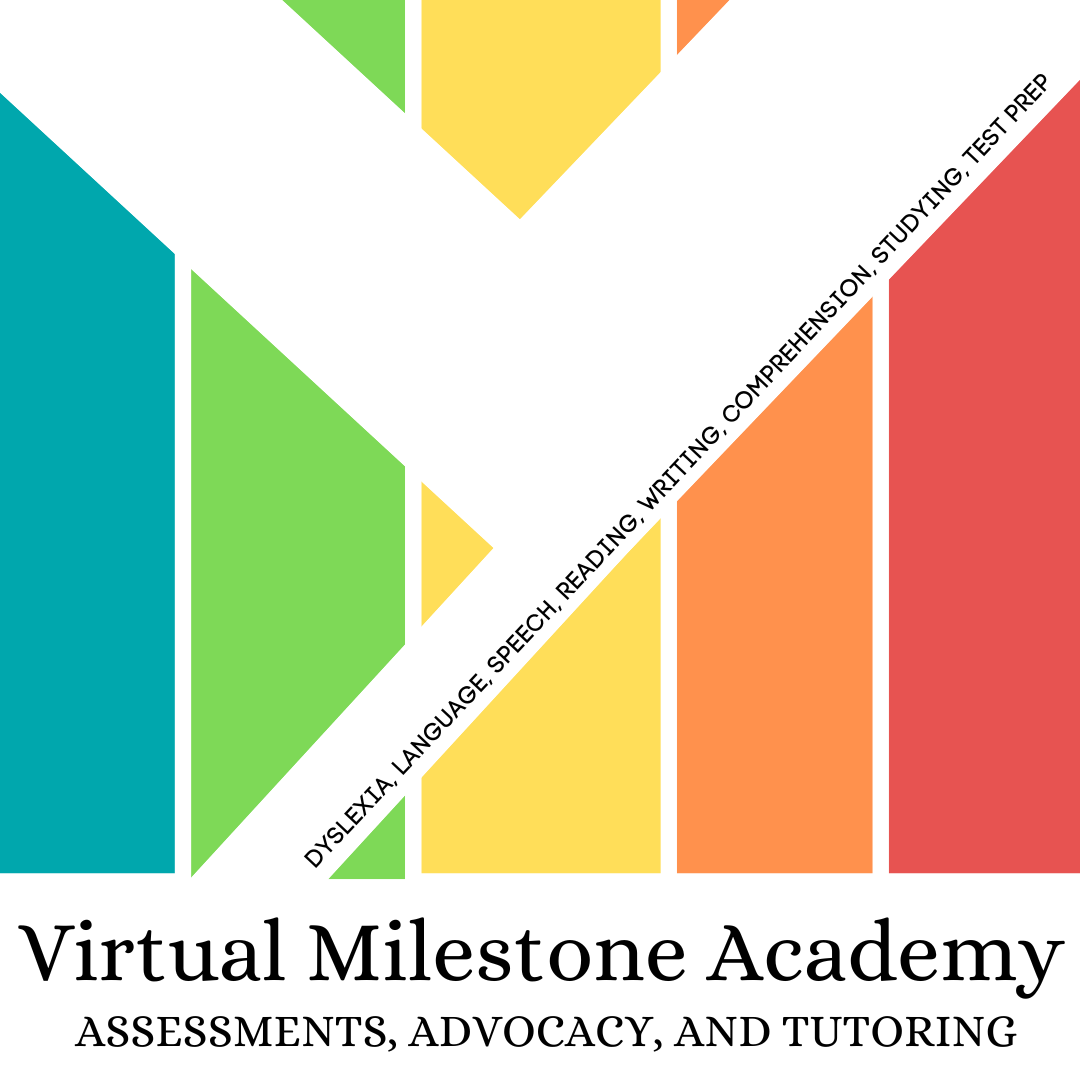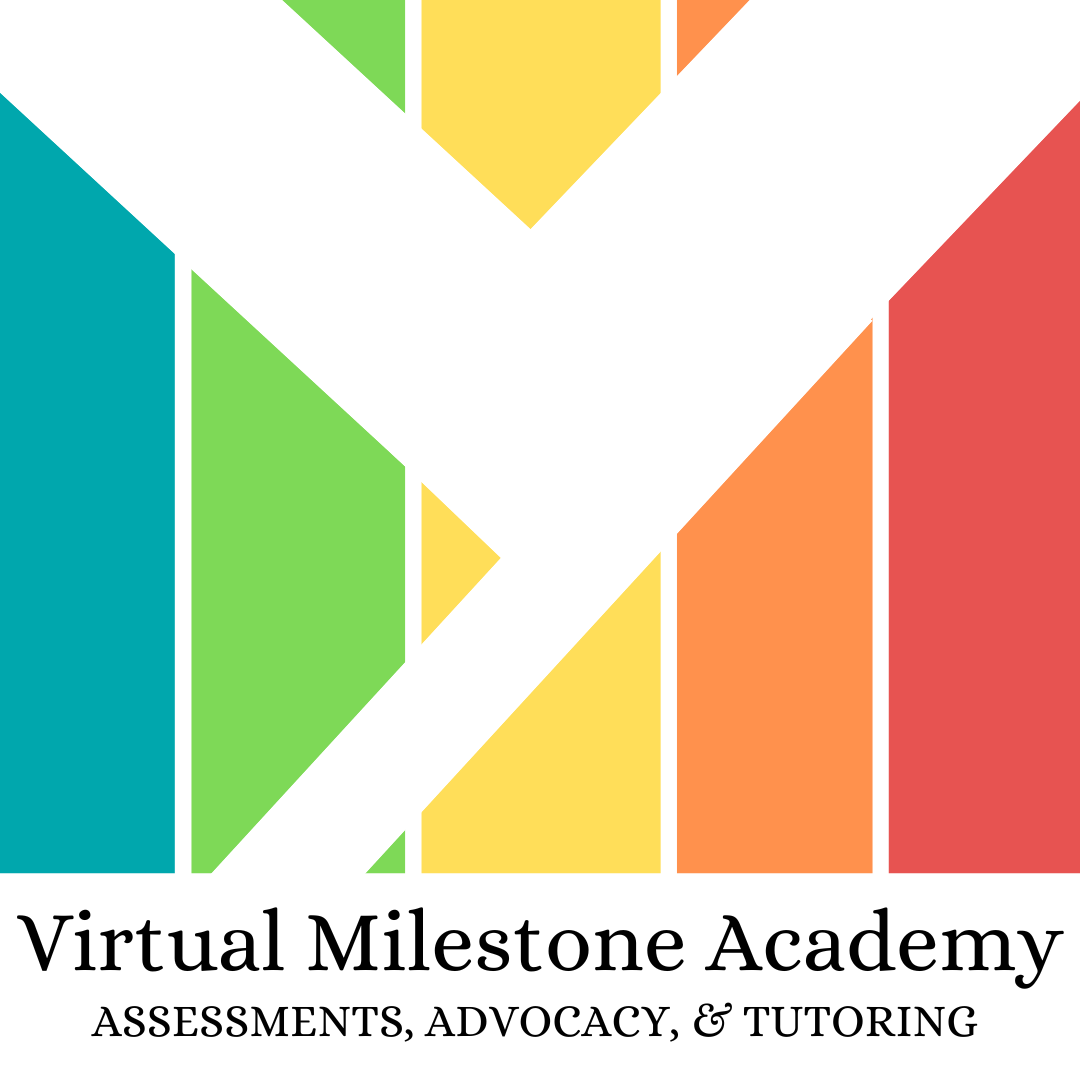In case you missed it…
VMA is proud to be hosted on Gezoont! An inclusive online directory ! Check out the link to the blog post over at Gezoont!
https://www.gezoont.com/blog/vma-helps-you-help-your-child
Virtual Milestones Academy (VMA) is new, innovative, and much needed. VMA guides parents and professionals to help children with communication, developmental, and learning goals.
Sending our kids to therapists can be incredibly useful, but transferring that to everyday life can feel close to impossible. Megan Cawlfield, MS CCC-SLP, and Emily Roberts, OTR/L, a speech therapist and occupational therapist duo, have created a model that fills this gap. They advise adults so those adults can help the children they care for. Read on for more insights.
Their depth of speciality experience is now paired with relaying that experience to parents.
They answer the question on parents’ minds: How can I help my child at home?
Amy at Gezoont:
1. I’d love to hear more about what you do and what led to starting VMA. Why did you start VMA and what did you see that needed to be addressed?
Megan at VMA: VMA’s vision was developed through a conversation about what the barriers are when helping children and what we strive to see more of, not just in our community but how we could accomplish more virtually. The barriers range from learning differences, organization skills, executive function, eating and feeding concerns, frustration, and self regulation.
As we put our thoughts to words, we realized we were part of an innovative form of consultation and advocacy for childhood development. We see the value in conversations with the adults who are working with a child, and we see a future where experienced educators and therapists can lead and teach individuals by providing considerations through individual conversations.
Amy at Gezoont: This is really fascinating. This ability to help oneself is both advocacy and empowerment for the adults and the children.
Amy at Gezoont:
2. How is VMA different and similar to other services for children?
Megan at VMA: I love how you frame this question. VMA is aimed at helping children when they are struggling by speaking with their family, caregivers, and educators. VMA consultants see the value in the conversations and help families to make specific goals and individualized strategies for accomplishing goals. Consultants are able to strategize with parents and model to them as they work towards addressing individual concerns togethers. Consultants focus on building relationships and rapport with families and caregivers whereas therapists, tutors, and teachers focus mainly rapport on the child.
Amy at Gezoont:
3. What are a few examples of the help that parents request and how you might address their concerns in your consultations?
Megan at VMA: A VMA consultant can be very helpful for parents who are struggling with homeschooling and beyond. As more and more families are learning how to homeschool, helping more with homework, addressing their special needs, and assisting struggling students, it has been amazing helping these families make progress together. More and more parents are learning how their children learn best and are becoming professionals at teaching their own children by recognizing how to help them best developmentally and academically.
We are also finding that the more families are learning together, the more preschool skills and readiness skills are being taught at home. In this way, many families are beginning to reach out to help their children “get ready to learn” when they notice some possible concerns. Parents are seeking out information and prevention more and we are excited to be a part of these conversations!
We help with organization skills, frustration management, sensory integration, literacy, and other skills ranging from life skills to educational goals.
Amy at Gezoont:
4. Do you help train parents how to help their children directly?
Megan at VMA: Basically, yes. Virtually directly :) We model with them on screen when possible. We also watch them in their natural environment and provide feedback during and after. We send lots of resources and guides and through conversations, many questions are answered and a lot of natural learning moments occur for parent training.
We send lots of resources and we also provide short and simple guidelines which is especially important to the busy caregiver.
Amy at Gezoont:
5. Do you work only with parents and caregivers or also schools or even with children directly?
Megan at VMA: We are most interested in working with parents, caregivers, and schools. However we do model techniques with children. This may be with the children we are speaking about or we may model with another child if that is helpful. We love working with children and are happy to do this when it is helpful.
Amy at Gezoont:
6. Where do you find inspiration?
Megan at VMA: Everyday life and how curious children and adults naturally are. What comes into our life that week, who is reaching out and what moments helped them most, and the most exciting moments! I am quickly inspired by whatever gave the adult the “aha” moment and covet every question.
That gives me perspective into their challenges with a child. When an adult discovers why their child performs differently in different contexts or how to create short to long term memories for their child, then they inspire me by what they can do for their child.
We also grab lots of inspiration from trying to learn something new everyday. We read a lot of literature, articles, forums ,and listen to podcasts. We covet our resource library and are eager to understand anything new. We also love attending workshops, continuing education, and conferences. We find inspiration from the children and families we’ve worked with over the years and the progress they have made.
Amy at Gezoont:
7. What are some interesting things you've learned during COVID especially with parents and other caregivers being at home with their children more?
Megan at VMA: We have seen that parents are becoming more integral resources to the education system and when a child is struggling to learn, education and parenting have more grey areas of overlap than they do a divide.Many teachers and parents have had greater dependencies on each other to learn virtually and at home during COVID and with this, parents and teachers have seen more clearly into the challenges of each other’s worlds. Though the environmental goals and challenges differ, the grey challenge areas that are students’ foundational challenges often remain the same. For example, a child who is struggling to complete an assignment is often having difficulty completing other tasks at home as well. We have seen that parents want to be part, they want to understand how to help their children, and they want to be part of conversations that lead to bigger and easier outcomes.
Amy at Gezoont:
8. Vision and growth. Where or how would you like to see VMA grow?
Megan at VMA: VMA is a vision and it’s growth is alongside us, much as we are our working alongside our clients and families. It’s growth is one small step at a time and steady growth. We understand that our services are one of a kind and we see ourselves growing into our community and pairing with traditional services and therapies. We understand that consultation services are accessible to some and not all. With this in mind, we have long term goals of partnering with non-profit organizations for opportunities that would allow more creative ways to consult and advocate for a more diverse population. We see ourselves as being a team of many different professionals with diverse backgrounds and expert level knowledge in multiple areas, so that each client is able to receive dynamic, efficient consultations.




